United Kingdom: 2024 Business Aviation Destination Guide
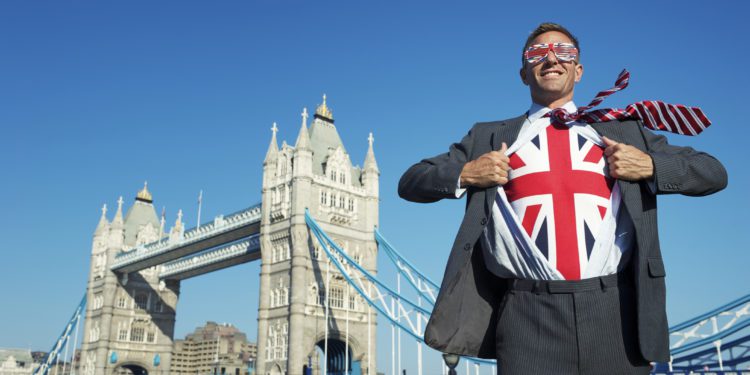
For more information on operating to the UK, visit our destination and regulatory guides:
The United Kingdom is one of the busiest and most sophisticated business aviation destination countries in the world. As a result, operating to the country is relatively straightforward, although new regulations post-BREXIT have made pre-planning more critical than ever.
Here’s what you need to know:
Permits
Do you need a permit? Below is an overview of these situations and the processes involved.
Landing and Overflight Permit Requirements
The UK requires landing and overflight permits for the following types of flights:
- All Experimental Flights
- All Aircraft with Special Airworthiness certificate
- Charter operations
Charter Permit & Third Country Operator (TCO) Requirements
Landing permits are required for all non-EU registered charter (non-scheduled commercial) flights.
The processing of charter permits for the UK is managed by the UK Civil Aviation Association (CAA). Therefore, knowing the permit request and revision lead time policies is essential. Also, authorities are taking steps to eliminate “grey” charter flights that will affect operators not obtaining necessary authorizations for travel to the UK.
The official lead time for charter permits is three business days, requiring all applicable and correct documentation to be submitted. However, shorter notice permit requests are often possible at CAA’s discretion and only during regular operating hours. CAA’s permit office operates Monday-Friday 0900-1700 local and is closed on weekends and bank holidays, other than for air ambulance and humanitarian flights.
All required documentation must be provided with the permit request. In addition, a special permit application form must be completed – usually by your 3rd-party provider.
Permit validity is 48 hours, after which you’ll need to seek a revision. Be mindful that permit revisions are required for changes to schedule, such as city pairing change, aircraft, or documentation.
Charter permits are not required for tech stops as long as no passengers embark or disembark (crew swaps are permitted)
Please visit our UK Charter Permit Article for the full requirements and Feasibility-IQ for a complete list of document requirements for UK Charter Permits.
TCO Requirements

As a result of BREXIT, at the end of 2022, the United Kingdom Civil Aviation Authority (UK CAA) no longer accepts European Union Aviation Safety Agency (EASA) Third Country Operator Certificates (TCOs) as the basis for applying for a UK charter permit.
A UK TCO certificate is a document that certifies that an airline from a non-European Union (EU) country meets the necessary safety standards and is authorized to operate flights into and out of the UK.
Please visit our UK TCO Article for the full details on requirements.
Cabotage
Domestic charter operations within the UK are strictly prohibited and regulated by CAA. Head of State and official diplomatic flights are the only operations considered at this time for approval. For example, a schedule request (KTEB-EGPH-EGSS-LFPB) would be restricted due to the internal UK (EGPH-EGSS) leg. In this scenario, the operator would have to limit to one stop in the UK or include a tech stop outside the UK, i.e. (EGPH – EIDW (Ireland) – EGSS)
Experimental Permit
For an experimental landing or overflight permit, plan on at least 5 working days lead time so long as all required documentation is provided. Permits are processed by Civil Aviation Authority (CAA) during regular operating hours Monday-Friday, 0900-1700 local. An after-hours number is available for emergencies only. The validity of the appropriate permit is 24 hours. Schedule revisions for experimental flights are quickly processed, but other permit revisions take longer.
Permit Fees
UK CAA charges a flat fee and a fast-track fee for short-notice permits. Third-party providers will charge permit processing fees as communicating with appropriate permit-issuing entities is often a lengthy process.
Prior Permission Required
A PPR is needed to operate military airfields in the UK, and request procedures differ depending on the airport.
For instance, Northolt (EGWU) mandates a PPR. The request requires 24 hours’ advance notice with the air base booking cell, Universals handling team can assist with this process.
PPR requests are submitted via the military at other UK military airports, with a lead time of no less than 48 hours.
At some UK airbases – such as RAF Leuchars (EGQL) – PPRs are only issued to General Aviation (GA) during significant golfing events. Other locations, however, may accept GA if it does not affect military movements.
Tech Stops
For tech stops, a general aviation report is submitted to Customs, Immigration, and Quarantine (CIQ) authorities, who will process the information and determine if a clearance is required. When planning a tech stop in the UK, be aware of airport hours, curfews, and anticipated airport congestion. For example, making a tech stop at London Heathrow (EGLL) is inadvisable due to slot availability, permit issues, and long taxi delays because of airport congestion.
PPR Info Requirements
In all cases, you’ll need to provide a full schedule, tail number, complete crew/passenger passport information, and insurance valid for the European Union. At military airports, authorities must be advised of all crew/passengers coming in and going out. We’ve seen operators trying to depart with more passengers than pre-advised in the past, which has caused issues and delays. Be aware that the military does complete background checks. If they don’t have accurate crew/passenger information in advance, you may face long delays or be banned from a particular airport.
PPR Validity
A PPR’s validity is usually for the day – based on the operating hours of the military airport. PPR revisions may be requested, but short-notice requests are approved on a case-by-case basis. It will not be processed if a revision is requested outside regular operating hours. A PPR confirmation number is always given, but this confirmation does not need to be placed in the flight plan’s International Civil Aviation Organization section.
Customs
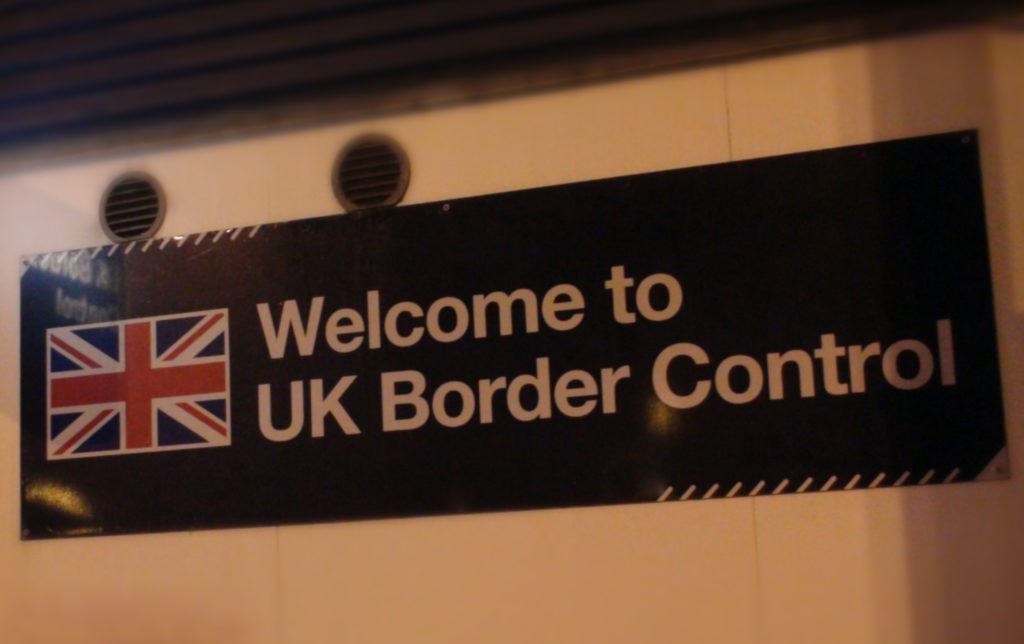
Alert! General Aviation Report Changes Effective April 6, 2024
A general aviation report (GAR) form must be completed and filed for every international arrival and departure to the UK.
Key Changes to GAR Submission effective April 6, 2024:
- Now Required for Arrivals and Departures: The GAR form is required for departures in addition to arrivals.
- Fine Enforcement: Incorrect submissions of the GAR form for both arrivals and departures can incur fines of up to £10,000. This marks a shift from the previous requirement, which only mandated GAR forms for arrivals without fine enforcement.
- Expanded Requirements: The form now demands more detailed information, including any minor children or weapons onboard, making the submission process more comprehensive.
- Change in Ground Handler Support: Due to these updates and the associated fine risks, many UK ground handlers are stepping back from completing the GAR form on behalf of operators.
How to Navigate These Changes:
- Self-Submission: You may choose to complete the GAR form independently for both arrivals and departures. To navigate this new landscape without incurring fines, please acquaint yourself with the updated requirements. [Insert official government link for guidance].
- Support from Universal Aviation UK & Air2Ground: For operations handled by Universal Aviation UK or a Trip Support Services mission supported on the ground by an Air2Ground agent, rest assured we will manage the GAR form submission for you.
- Looking for Assistance?: If your usual handler is opting out and you prefer not to handle the form yourself, our Global Regulatory Services team is here to help.
Clearing CIQ
Passengers usually are cleared first, followed by crew members.
Depending on the airport, there may be different clearance procedures and processes to consider.
Onboard CIQ clearance may be permitted at specific airports, but this must be requested in advance and is at the discretion of the customs duty officer.
If passenger or crew visas are required, you must have these before arrival. These must be UK visas, not Schengen visas, or you won’t be permitted into the country. At some UK airports, private vehicles are permitted on the ramp with advance approval.
UK Electronic Travel Authorisation
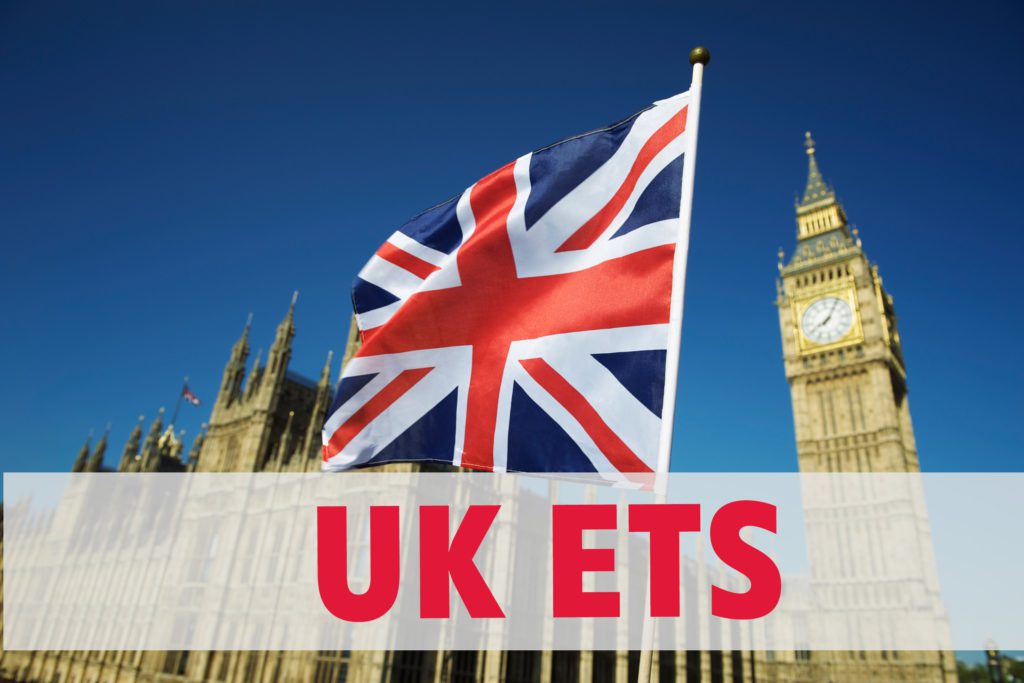
The United Kingdom Government announced that it is developing an Electronic Travel Authorisation Scheme similar in scope to the United States Electronic System for Travel Authorization (ESTA) program.
The UK ETA will be rolled out in phases, starting in 2023, for select countries in Gulf Corporation States in the Middle East.
As part of the first rollout phase, UK visitors who do not require a visa, such as United States, Canadian, European Union, Australian and New Zealand, etc. citizens, will not be impacted.
Our UK ETA article has more details.
Security Screening
Security screening regimes are in place for charter (non-scheduled commercial) flights with 19 or more seats each or Maximum Takeoff Weights (MTOWs) of over 10 metric tons each.
Privately operated aircraft with an MTOW over 45.5mt are also subject to outbound security screening.
These regulations require crew members/passengers to undergo security screening on departure.
Visas
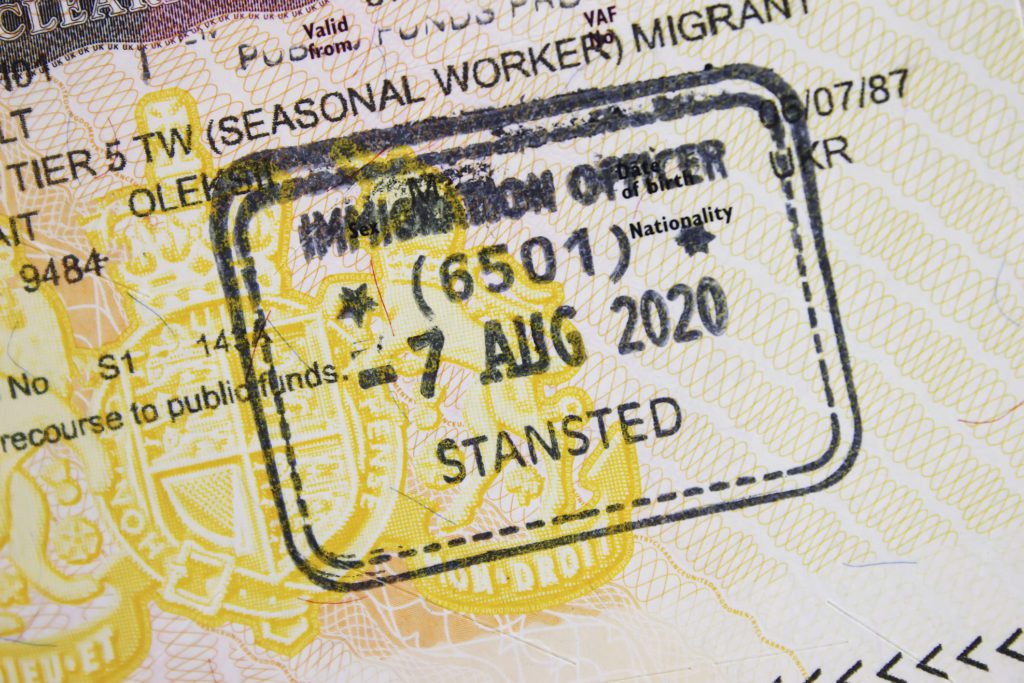
Crew members who arrive and depart as crew and stay in the UK for less than seven days do not require visas. If, however, you’re arriving or departing commercially or staying seven days or longer, a visa may be required. It’s essential to know who is and is not considered crew. For example, an onboard flight engineer, who does not have a seat in the flight deck, is considered to be a passenger and will require a visa depending upon nationality. Likewise, onboard security officers, who are visa nationals, are considered passengers – as they don’t have flight duties – and will require visas to enter the UK.
Passports

When visiting the UK, you’ll need a passport valid for the length of your stay, and some nationalities will require visas.
Check here – https://www.gov.uk/check-uk-visa
Regulatory Considerations
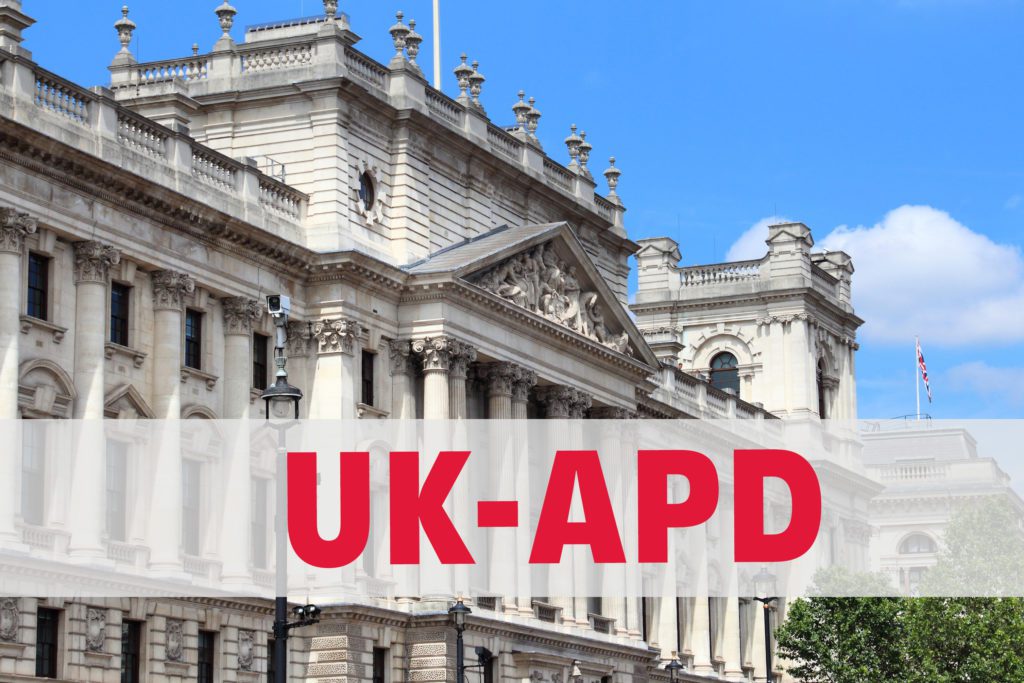
The UK has several new Regulatory considerations operators must be aware of when operating to the country.
Please see our articles below for more details:
- UK Electronic Authorization Guide
- UK Third Country Operator Certificate Guide
- UK-Advanced Passenger Duty Guide
Agricultural Considerations
Plants, seeds, cheeses, raw meats, etc., are restricted and may not be removed from the aircraft and taken into the UK. However, with prior arrangements, and only at specific airports, pets will be allowed into the county. Note that the only animals permitted in the UK are dogs, cats, and ferrets. There are no exceptions to this rule. For more information on bringing animals into the UK, please see our article “Pet Passport Travel – Now Available at London Stansted Airport (EGSS).”
Pets
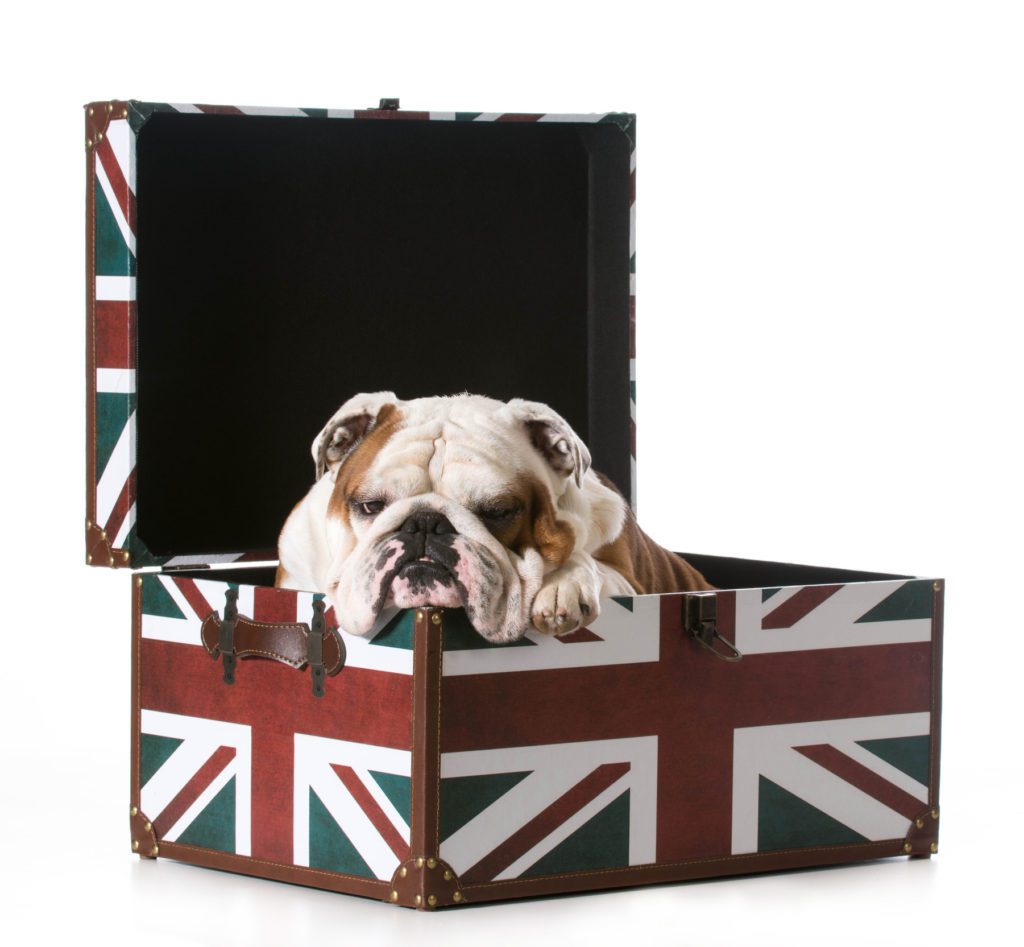 If you have pets onboard, you must use a pet-approved airport in the UK. When you operate to a non-approved airfield for a fuel stop, the pet must remain onboard, and your ground handler will not be permitted to remove any animal waste. While all external aircraft services can be accomplished during the tech stop, all animal waste must strictly remain onboard and depart with you. For more information on bringing a pet to the UK, please see our article, “Pet Passport Travel – Now Available at London Stansted Airport (EGSS).”
If you have pets onboard, you must use a pet-approved airport in the UK. When you operate to a non-approved airfield for a fuel stop, the pet must remain onboard, and your ground handler will not be permitted to remove any animal waste. While all external aircraft services can be accomplished during the tech stop, all animal waste must strictly remain onboard and depart with you. For more information on bringing a pet to the UK, please see our article, “Pet Passport Travel – Now Available at London Stansted Airport (EGSS).”
Weapons
Onboard weapons must be declared in advance, and these weapons must be stored at the airport with customs officials, the police, or a licensed armament dealer. If you’re traveling to the UK for hunting, you’ll need a UK license arranged by the land owner for the location you plan to hunt. For general guidance on operating with weapons onboard, see the article: Bringing Hunting Weapons Onboard a Business Aircraft – What You Should Know.
UK VAT Recovery for Ground Handling & Related Services
For operator entities established outside of the UK, Value Added Tax (VAT) can often be exempted or claimed back on ground handling and related services for business aviation flights in that are used exclusively for business purposes. VAT for these flights can be claimed up to four years back, and the process for reclaim and/or exemption involves engaging with Her Majesty’s Revenue and Customs (HMRC).
Universal can manage this process on your behalf. Please contact your Universal Account Manager for more information.
Flight Planning
While flight plan filing procedures are straightforward in the UK, it’s always best to work with a 3rd-party provider or ground handler when submitting flight plan requests. This is because there may be short-notice, or pop-up, operating restrictions in place that will impact requested routings. Having a 3rd-party provider or ground handler involved in the process helps avoid unanticipated operational delays.
Consider ATC procedures
Eurocontrol regulations apply for all operations into/out of the UK. The earlier a flight plan is filed on Eurocontrol’s website, the better – in terms of achieving preferred departure time.
Check Eurocontrol’s Network Manager website to view current flight planning restrictions. Airway slots are issued two hours before departure. Therefore, restrictions that may be in effect at that time may impact airway slots.
Once your airway slot has been issued, your 3rd-party provider can determine from the Network Manager website what issues may be causing delays and whether the flight plan can be changed to avoid such delays. For example, these delays may be caused by weather, strikes, radar failures, or military activity.
Be aware of special or required aircraft equipment
As per European Union (EU) regulations, aircraft equipment is required for UK airspace operations. However, many airports in the UK allow Stage 2 operations – unlike other countries in the EU with blanket Stage 2 restrictions.
Be aware of day-of-operation considerations
Your ground handler should ensure delivery of your flight plan. It’s essential to have a printed copy of your International Civil Aviation Organization (ICAO) flight plan to show that it’s been filed. Operators usually use 3rd-party providers to assist with flight plans. However, if a crew puts together a hand-written flight plan, ground handlers can assist in processing this. In addition, your ground handler will provide the latest weather updates, along with Notices to Airmen (NOTAMs), on the day of operation.
Ensure that your flight plan is validated and accepted
Typically, if there are issues with a flight plan request, the Eurocontrol system will not file it. Instead, your ground handler will check to verify that the flight plan has been accepted and, when necessary, will contact the operator or 3rd-party provider to make changes so that the operator can depart on time. Flight plan corrections are fairly common – particularly when operators use self-help flight-planning tools – as routes and restrictions frequently change in the UK.
More Info is Available Online
You’ll be able to view tactical charts on Eurocontrol’s website. However, you’ll need to access central flow management unit (CFMU) to see your flight plan status. In addition, you’ll usually subscribe to a 3rd-party interface with transmission via aeronautical fixed telecommunication network (AFTN) or SITA to make changes.
Security
Fencing, security cameras, and routine patrols – of perimeter and ramp areas – are standard at all UK airports. In addition, UK airports typically have their own airport police to take care of security within the airport boundary, and these police forces have armed units. Some airports also have “special branch” police units for high-profile and high-risk flight activity.
Regulations governing airport ramp-side access vary by airport. Airside access for non-airport employees – such as an off-site aviation maintenance technician – is well controlled. For example, obtaining an airside employee pass for EGSS requires a background check and five-year employment history. Access for off-site personnel and/or mechanics requires a passport presentation and a ground handler’s assistance in obtaining a temporary airport pass. All-access airside by such personnel requires an escort. Private security can be arranged to guard your aircraft while it’s on the ramp, but security personnel, due to police regulations, may not be armed. Special security procedures are not in place for technical refueling stops in the UK unless crew members/passengers choose to exit the airport.
Peak Season
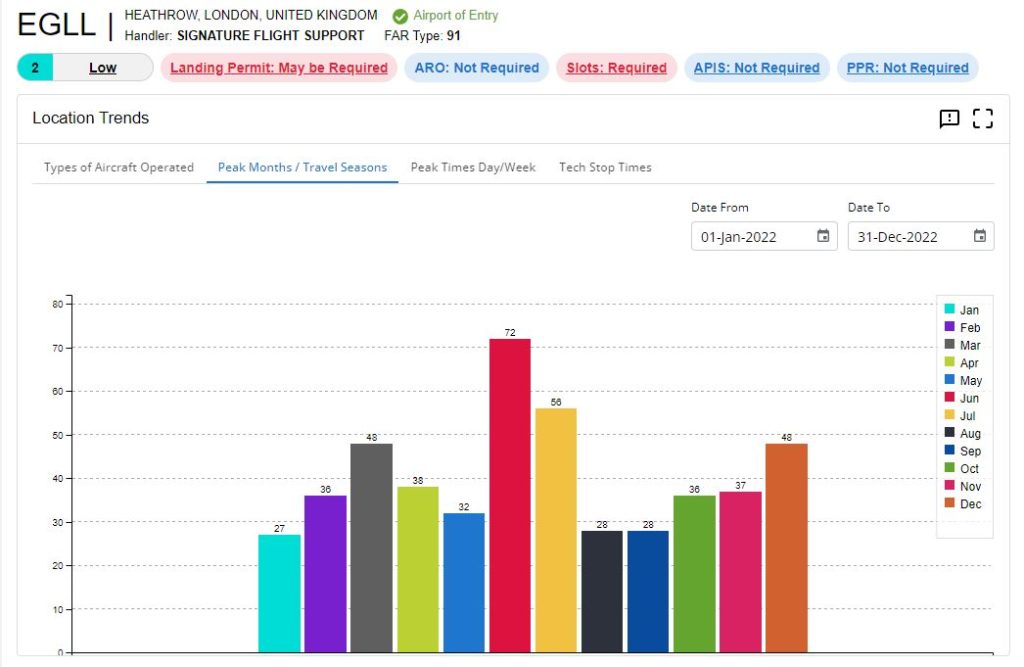
Peak season in the UK and London is in the summer. Get more destination insights, including peak times, days of the week in Feasibility-IQ.
Prime tourism season for the UK is June through August, and many hotels – in the London area and elsewhere – sell out. London is the UK’s most popular leisure and business destination, and average crew rooms at 4-star properties are around £200 to £350 per night (including breakfast). Outside London, expect to pay about £120 to £250 per night (including breakfast) for 4-star crew accommodations. Your ground handler may have negotiated crew rates available. Special crew rates, however, will not be honored when hotel occupancy rates are running high. If you utilize consumer websites to book rooms, you will not, in most cases, get crew rates or receive the additional services possible with ground handler-negotiated rates.
Weather
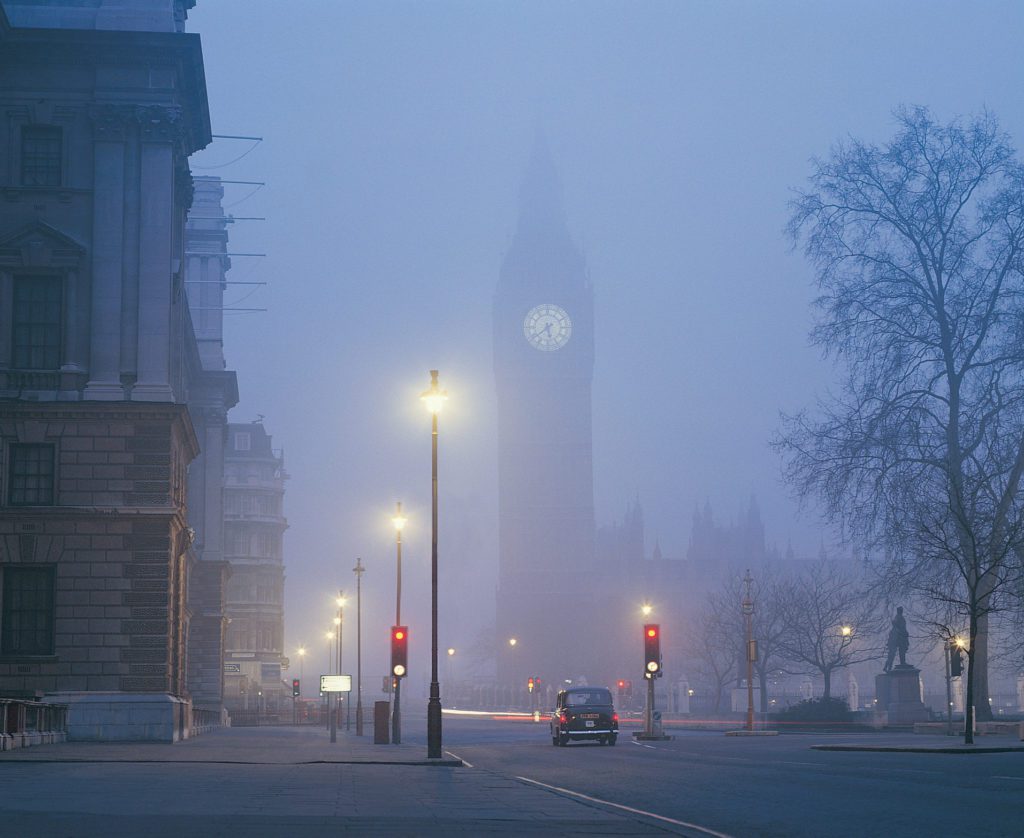
Fog conditions are common in the UK. Most UK operational delays due to weather are fog-related. Fog is most prevalent from February through early April and October-December. The ability to operate in fog conditions depends on the aircraft and onboard equipment, but it’s important to note that UK fog conditions can be pretty thick. Therefore, it’s best to include your runway visual range in the ICAO section of your flight plan to avoid having the flight plan unnecessarily being suspended.
High wind conditions can happen quickly, so it’s essential to know the latest weather data on the day of operation. While large international UK airports – such as Heathrow (EGLL) – have the equipment to effectively deal with snow, smaller airfields – such as Biggin Hill (EGKB) – may take longer to reopen after a heavy snowfall. Deicing services are available at UK airports, but you may experience delays with short-notice requests. During inclement weather conditions, hangar space may be available for transient general aviation. There are. However, capacity issues and local operators usually have priority for hangar space.
Local Culture

People in the UK have a reputation for being friendly, hospitable, and welcoming. Crime is not a significant concern for visiting passengers/crew, but as with all destinations, the best practice is to be aware of your surroundings. For crew with free time, many cultural activities exist, including museums, castles, and various festivals. Over the past few decades, the UK has experienced a revolution in cuisine variety and quality. As a result, the UK – particularly the London area – now offers some of the best cuisine options worldwide.
Universal Aviation UK Can Help
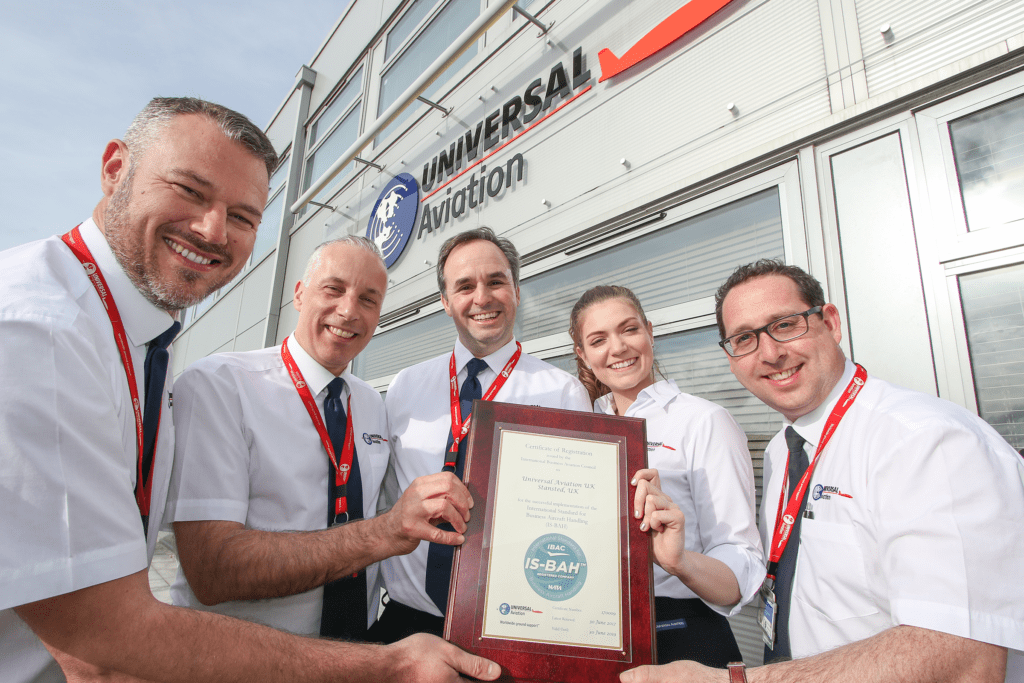
Universal Aviation has had a presence in the UK for more than three decades and is recently voted as operating some of the best FBOs in the world.
Our primary locations are in Stansted and Northolt. More information and team contact info are available on our website.




